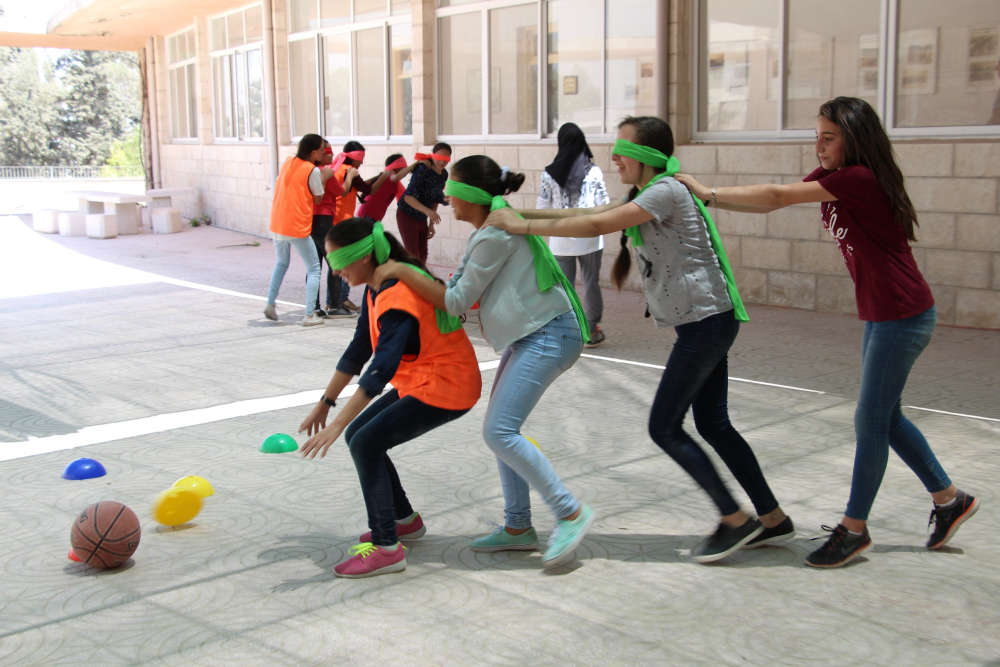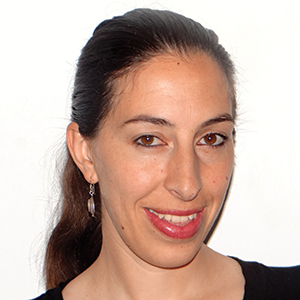The Sustainable Development Goals (SDGs) of the 2030 Agenda aim to end poverty, protect the planet, and ensure prosperity for all. Palestine is committed to implementing these goals, even though it faces a number of difficult socio-economic circumstances that frequently contain a political dimension and present significant barriers to the full industrial development of Palestinian society.
According to the PCBS, the economic prospects of youth are dire – and they comprise one third of Palestinian society. In the first quarter of 2017, the unemployment rate among persons aged 15–29 years reached 40 percent among youth involved in the labor force, with the highest rate at 44 percent among individuals aged 20–24 years, compared to 36 percent among individuals aged 25–29 years. The unemployment rate among young graduates reached 53 percent (36 percent for males and 69 percent for females), with graduates of natural-science specializations scoring the highest rate with 70 percent (48 percent for males and 78 percent for females), whereas graduates with health specializations scored the lowest with 32 percent (19 percent for males and 49 percent for females).
Sustainable Development Goal 8 asserts that world leaders jointly aim to universally provide “decent work and economic growth.”
The qualifications and skills gained at a university frequently do not match the requirements of the Palestinian labor market, and the resulting “skills mismatch” contributes to a high level of unemployment for youth who hold university degrees. The situation is exacerbated as insufficient vocational training is offered for Palestinian high school graduates; the demand is limited, as it is not highly valued in society, and youth and their families lack information about the associated professions that are available. Many youth are expected to earn a bachelor’s degree, even if it leads to unemployment, because the prestige associated with holding a degree is valued highly – this attitude accounts also for a high rate of educated young women who are not allowed to enter the market due to cultural restraints. Some families wait for their sons to be strong enough to earn income through physical labor, be it by dropping out of high school or after finishing it. This may be necessitated by the family’s economic situation – and uneducated youth remain stuck in the cycle of low-skill labor, frequently migrating to Israel.

Photo by Amani Awartani.
Among efforts to help alleviate this situation, the Palestinian NGO Palestine: Sports for Life (PS4L) works to raise awareness of vocational training among youth across Palestine. At orientation days and summer camps in vocational schools and colleges, the organization lets youth of both genders observe and try out various professions; participants are informed of employment opportunities, and they engage in sports sessions that aim to develop their communication and leadership skills to help foster employability. About 85 percent of youth do not know about vocational training; however, an average of 50 percent show interest in such education, once informed of this option. This path offers a viable alternative to a university-based education, provides skills that enable youth to engage in the labor market, and thus decreases youth unemployment while fostering economic growth.
Internationally, sport is explicitly recognized as a tool to help achieve a number of development goals. Through initial analysis, six SDGs were identified as areas where sport-based approaches could make effective and cost-efficient contributions (e.g., to health, education, gender equality, and employability).
The SDGs are intended for everyone! In order to reach them, governments must expand curricula and offer more vocational-training institutions, the private sector must make internships available that allow students to get hands-on experience, and civil society must support youth and foster skills that augment employability – for example by supporting vocational training.
i UN Office on Sport for Development and Peace, Sport and Sustainable Development Goals, available at https://www.un.org/sport/content/why-sport/sport-and-sustainable-development-goals.
ii Iain Lindsey and Tony Chapman, Enhancing the Contribution of Sport to the Sustainable Development Goals, The Commonwealth Secretariat, 2017.


